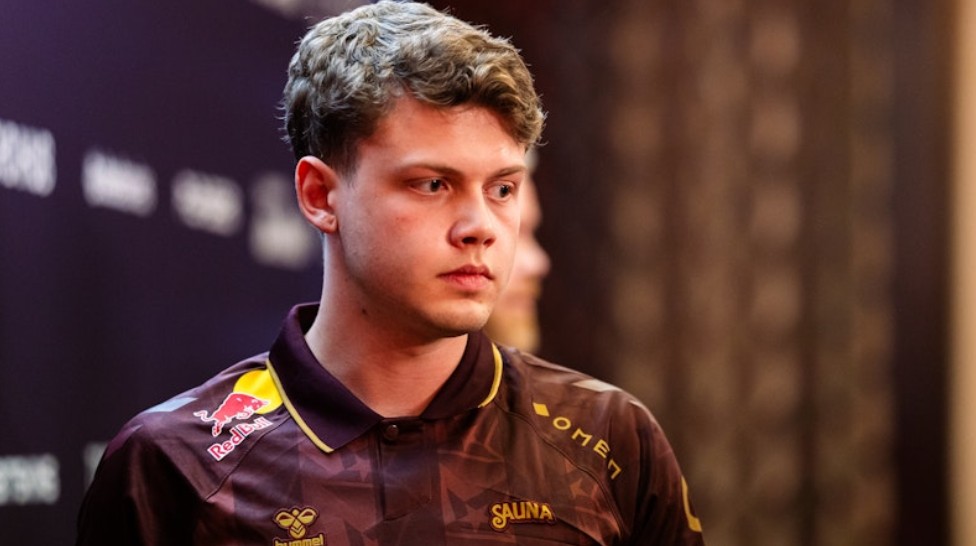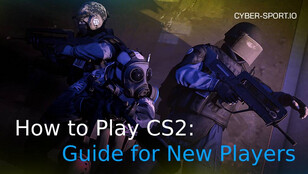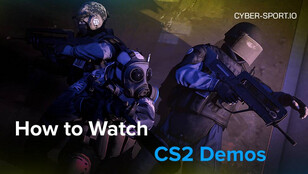The Announcement: Astralis Steps Away from Youth Development
Astralis has been a household name in the world of esports, particularly known for its dominance in CS:GO. The announcement came as a shock to many fans and upcoming players who saw Astralis' youth program as a golden opportunity to enter professional gaming.
According to official statements from Astralis, this move is part of a larger strategic reevaluation. The organization is now aiming to focus more on immediate competitive success across various titles beyond just CS:GO.
Understanding the Impact on Emerging Talent
The closure of Astralis’ youth program raises concerns about the pathways available for aspiring gamers looking to make their mark in professional arenas. This initiative was not just about finding new talent.
It was also about shaping young gamers into professionals who could handle high-stress environments while maintaining peak performance. With fewer opportunities like these, we may see changes in how new players emerge and establish themselves in top-tier gaming competitions.
Alternatives for Aspiring Esports Professionals
- Independent Online Leagues: These platforms can offer valuable experience and exposure without the backing of established organizations.
- Community Tournaments: Participating in various community-driven tournaments can be another way to showcase skills directly.
- Educational Programs by Other Organizations: Some esports entities still invest in educational initiatives designed to nurture upcoming talents.
- Personal Branding through Social Media and Streaming: Building a personal brand can attract attention from sponsors and professional teams alike.
The Broader Implications for Esports Development Programs
The decision by Astralis hints at possible trends within esports regarding how new players are discovered and developed. Organizations might be reconsidering the value versus cost-effectiveness of running dedicated youth programs compared to scouting already polished talents within amateur or semi-professional ranks.
This trend could encourage more grassroots initiatives but also place greater responsibility on individual players to invest in their development and visibility within highly competitive scenes.
Type of Content Needed for Success?
To succeed without traditional developmental structures like those previously offered by major esports organizations such as Astralis requires dedication beyond gameplay alone.users need consistent content creation to build an audience: engaging with fans through streaming platforms or social media channels while continuously improving gameplay skills. Success now involves becoming adept at navigating these dual roles effectively.
In Conclusion: A New Chapter Begins
Astralis’ decision to discontinue its youth program signals not just changes within one organization but potentially forecasts shifts across all esport's developmental paradigms while challenging remaining entities still valuing these initiatives—adapting remains key fur aspiring professionals they must harness opportunities beyond structured programs striving ultimately make impactful entrances into pro-gaming.
CS2 Gambling
CS2 Skin Trading
Rust Gambling
Promo Codes
Online Casinos
Crypto Casinos
CyberSport Feed









![Top CSGO Crosshair Codes Used by Players in [year] Top CSGO Crosshair Codes Used by Players in [year]](/imgs/news_7957/20241010/cache/1728566058_2944e6c64e1e22736e24___308_174.jpg)

![CS2 Launch Options in [year] CS2 Launch Options in [year]](/imgs/news_7998/20241101/cache/1730459735_1854da5b79117d7bf9d4___308_174.jpg)